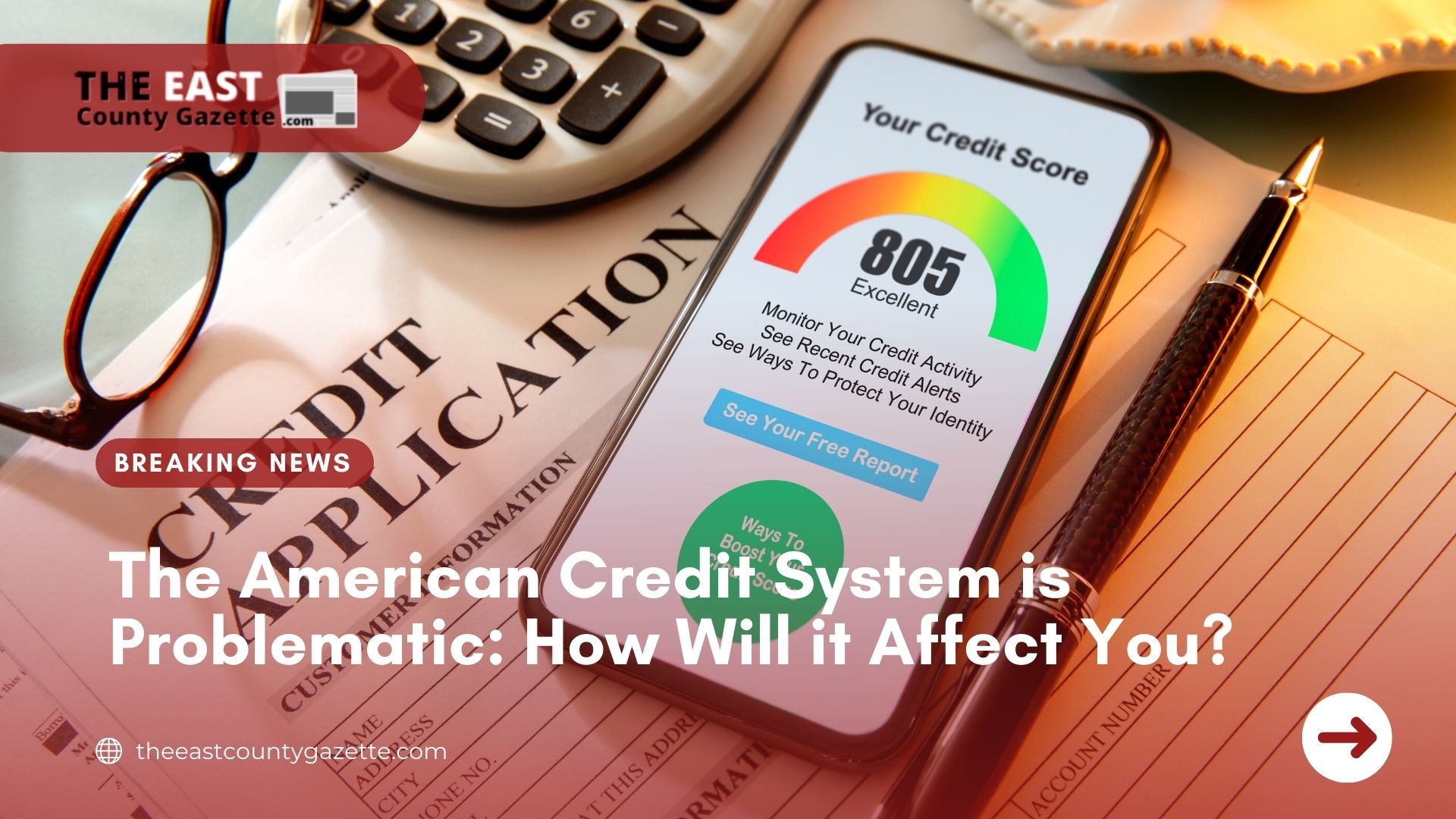Credit cards are a good way to build your credit history, and many offer rewards and other benefits that make them even more helpful in your daily financial life.
But it’s important to always pay your credit card bills in full and on time each month to avoid costly interest that can snowball over time when balances are carried over month to month. It’s also essential not to miss payments, as that can have a negative impact on your credit score.
Read more: Child Tax Credit in Danger to See Massive Reduction?
If you are unable to qualify for your own credit card, you could benefit from becoming an authorized user on someone else’s account, though make sure you do your research on the risks and downsides that could come with that approach.
Secured credit cards are another option for people looking to build or repair their credit.
People of color, those from low-income households, and immigrants across the U.S. may face increased challenges when it comes to building and maintaining good credit.
Read more: US Posts 2nd Biggest Budget Gap of $2.77 Trillion
Black and Hispanic Americans are more likely than white and Asian Americans to have no credit score or have unscored credit records according to the CFPB data — about 15% of Black and Hispanic Americans don’t have a credit score compared to 9% of white and Asian Americans.
What’s more, around 30% of Black and 25% of Hispanic Americans say they never even had the chance to build good credit, according to a recent survey from Credit Sesame, a credit monitoring service.
Read more: Unclaimed Tax Refunds! Does the Government Owe You Money?
This, in turn, makes borrowing money more difficult and more expensive — leading to issues with debt, difficulty securing housing and employment, and holding many underserved communities back from building wealth.
Despite systemic barriers holding millions of Americans back, there are things you can do build or repair your credit. It starts with knowing how the system works.
Keep up with more news here at the East County Gazette.

